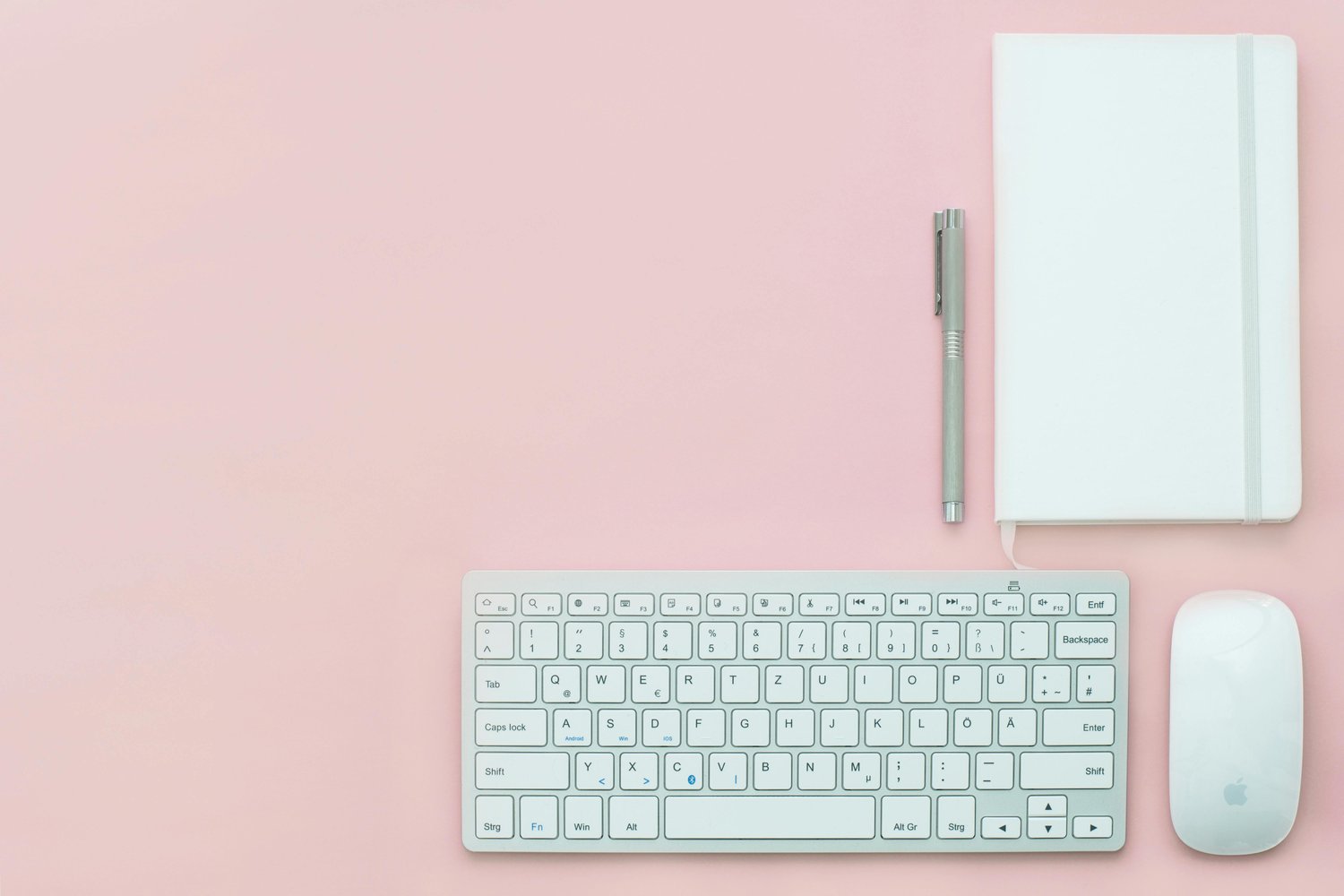The soft glow of my laptop illuminated the cluttered desk, scattered with half-finished notebooks and coffee-stained sticky notes. It was 2 AM, and I was drowning in information, desperately trying to learn a new programming language while juggling a full-time job and personal commitments. I remembered Sarah, my mentor, telling me years ago, "The way you learn is more important than what you learn." Little did I know how profoundly true those words would become.My learning struggles weren't unique. Like many professionals, I found myself constantly overwhelmed by the sheer volume of information available. Countless online courses, endless YouTube tutorials, and mountains of books seemed to mock my attempts at effective learning. I was collecting knowledge like a hoarder collects trinkets, but rarely transforming information into meaningful understanding.

Everything changed the day I discovered the powerful combination of Notion and custom GPTs. It wasn't an overnight miracle, but a gradual transformation that began with a simple experiment. I remember the first time I integrated a custom GPT into my Notion workspace. It was like hiring a personal learning assistant who understood me better than I understood myself. The AI didn't just dump information; it crafted personalized learning paths that felt almost magical.Take my journey of learning Python, for instance. Previously, I would spend hours scrolling through random tutorials, feeling lost and frustrated. Now, my custom GPT in Notion would analyze my existing knowledge, identify precise knowledge gaps, and generate targeted learning materials. It was as if the technology could read my mind, breaking down complex programming concepts into digestible, interconnected notes that made sense to me.
The true power revealed itself in the way the system adapted. Unlike static learning resources, this AI-powered approach was dynamic. When I struggled with a complex algorithm, the system would generate additional explanatory notes, create practice problems, and even suggest alternative learning approaches. It was like having a patient tutor who never tired, never judged, and was always ready to help.
But this wasn't about replacing human intelligence it was about amplifying it. I learned to view the custom GPT as a collaborative partner. Some of my most significant breakthroughs came from challenging the AI's explanations, diving deeper into concepts, and using its insights as a springboard for my critical thinking. The technology became a catalyst for my curiosity, not a substitute for it.

My workspace transformed from a chaotic collection of random information to an intelligent knowledge ecosystem. Notion became more than just a tool—it was a living, breathing extension of my learning journey. Notes were automatically connected, key concepts were highlighted, and complex ideas were transformed into elegant mind maps. What once took me weeks of manual organization now happened with a few clicks.There were challenges, of course. Not all AI tools are created equal, and I learned the importance of being a discerning user. Privacy mattered. Accuracy was crucial. I became selective about the platforms I used, always maintaining a critical eye on the information presented. The AI was my assistant, but I remained the ultimate curator of my knowledge.
Looking back, I realize this journey was about more than just learning faster. It was about reimagining the very process of acquiring knowledge. Custom GPTs and tools like Notion aren't just technological advancements—they're invitations to explore, to be curious, and to approach learning as a dynamic and personal adventure.To anyone feeling overwhelmed by the complexity of modern learning, I offer this advice: embrace technology not as a shortcut, but as a collaborative partner. Be curious. Be critical. And most importantly, never stop believing in your capacity to grow and understand.

Would you like me to elaborate on any part of this personal narrative about learning and technology? I'd be happy to dive deeper into the strategies, tools, or personal insights that make this approach so powerful.



Comments ()